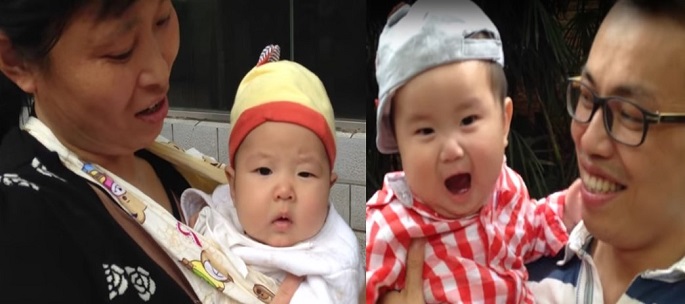Now there’s no need to rush mom to go back to work.
Beijing now entitles its working mothers to a 128-day maternity leave, making it more than four months, reported CRIEnglish.
Originally, the maternity leave was set at 98 days.
More good news for mothers: if the company they are working for would approve, they can extend their maternity leave up to 218 days or seven months, according to China Daily.
The amended Population and Family Planning Law, issued by the National People’s Congress (NPC) Standing Committee on Dec. 27, 2015, permitted married couples to have two children, reported Lexology.
Xinhua News tweeted on Dec. 26, 2015: “Bye bye, one-child policy!”
The move likewise affected the length of maternity and paternity leaves.
Husbands, who apparently have their own role in child-rearing, can also enjoy a longer paternity leave in Beijing, according to CRIEnglish. The regulation now grants a 15-day paternity leave.
From Shanghai Health and Family Planning Commission, Wu Jinglei said that they “encourage” husbands to look after their wives after they give birth, according to Shanghai Daily.
Some European countries grant remarkable maternity leaves, according to an updated May 2012 report by the Huffington Post.
Sweden allows an amazing 420-day maternity leave; Bulgaria, 410 days.
Mothers in Albania, Bosnia and Herzegovina and Croatia can enjoy one whole year off from work.
Denmark, Serbia and the United Kingdom give mothers 52 weeks, the same length in Canada.
In Norway, mothers get 36-46 weeks.
In Russia, which borders European and Asian countries, the government provides a 140-day maternity leave.
Swedish fathers receive a 60-day paternity leave from their government, reported Channel News Asia in Oct. 2015.
Those in Finland receive 54 days; husbands in Australia, Kenya, Singapore and the U.K., two weeks.
As many parents would agree, family time is quality time.






















